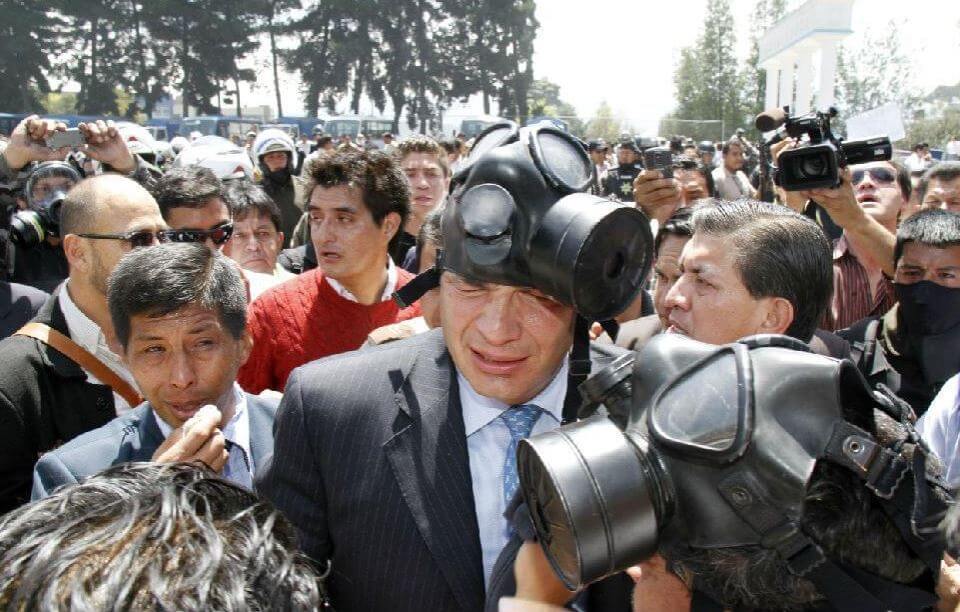Australia’s politically-minded spent last night pondering the limits of the free press. That’s after a 4Corners summary of Fox News’s campaign that the 2020 election was stolen from Donald Trump.
This “big lie” has become a truism for the Republican Party rank-and-file. It makes for not only a bitter 2024, but an undermining of democratic stability in the United States.
In South America, the world’s most unequal continent, progressive governments have been wrestling with this same question of free-press over-reach for the past two decades. For some it may seem a surprising source of political lessons, but Latin America is a region where presidents are more likely to have degrees in political-economy than marketing, and where government websites host political-philosophical exegeses of policy decisions.
The most common progressive media reform since 2000 has been redistribution of the television and radio broadcast spectrums. After all, they are a public good.
In Argentina, Uruguay, Bolivia, Venezuela and Ecuador, a third of the spectrum was designated for public (state) broadcasters and another third went to non-profit community media. The remaining third was left for corporate media.
Media-banking cross-ownership provisions were also put in place. This meant that media companies and their major shareholders could not hold a stake in banks, nor vice versa.

But the thorniest – and perhaps most important – provisions related to truth and accuracy. In Ecuador, the “right to truth” and the “right to information” were enshrined into law and the constitution.
A Communications Superintendency was set up to rule on public complaints about factual error and discriminatory content. Offended parties were given a “right of reply,” and media organisations could be forced to publish corrections and apologies, “in as prominent a place as the original error,” or face fines.
For Anglophone political sensibilities, this kind of governmental involvement raises the spectre of big government and Big Brother. How do you avoid media regulation devolving into censorship?
In Ecuador, a Citizens’ Participation Council made for a measure of separation of powers between government and communications regulation. It wasn’t without its critics.
But the reform did have worthwhile results. This included forcing a factual retraction from a state-run news channel and an apology from a corporate channel that promoted harmful LGBT stereotypes. If implemented in the US, it would have made Fox’s “stolen election” campaign impossible.
Media regulation is always a tricky issue. Yet doing something is still preferable to abandoning the task and leaving the media as a weapon in the hands of the billionaires.
Follow Christian on Twitter for more news updates.